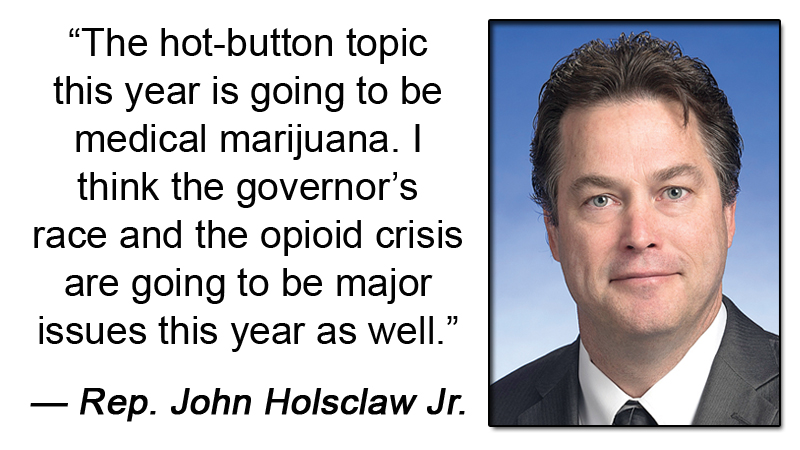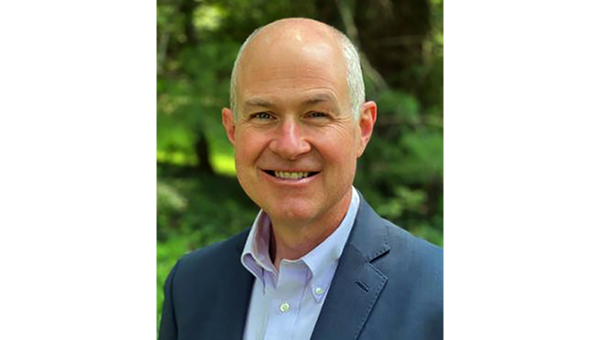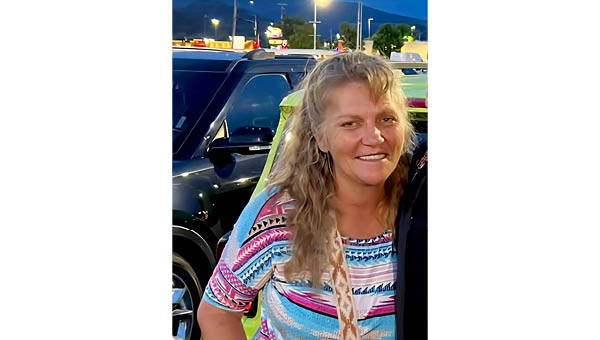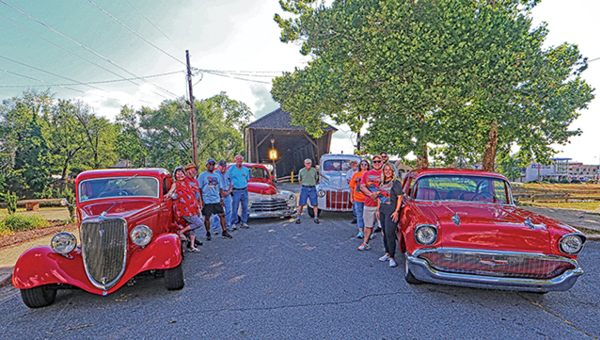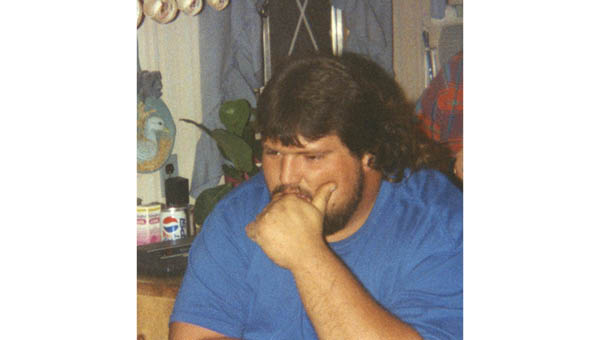Medical marijuana, opioid crisis likely to be hot topics in legislature
Published 3:52 pm Friday, January 12, 2018
As the Tennessee General Assembly returns to session, one local legislator is hoping to build on his success from last year.
The state’s legislature convened for the 2018 session on January 9 and many will be keeping a close eye on the activity in light of the upcoming elections this year.
“With the governor’s race I’m going to guess we’re going to get through everything really quickly and wrap this session up,” State Rep. John Holsclaw Jr. said.
One of Holsclaw’s personal goals for this legislative session is to build upon one of his bills that was passed last year and became law. The bill sponsored by Holsclaw made it illegal to operate a handheld cellphone while traveling through an active school zone.
“I have a passion for the hands-free bill,” Holsclaw said. “We got it passed in school zones, but I want to see that expanded statewide.”
Holsclaw said there are some other issues he is looking at as he considers which bills to present, but his main focus this session will be on expanding the hands-free bill.
While the hands-free bill is something he is passionate about, Holsclaw said he feels the biggest issue this year will surround another topic that often incites passion on both sides of the debate.
“The hot-button topic this year is going to be medical marijuana,” Holsclaw said. “I think the governor’s race and the opioid crisis are going to be major issues this year as well.”
To help combat the opioid crisis plaguing the state, Holsclaw said he feels the legislature will need to take a multi-faceted approach. One of the things Holsclaw said he feels the legislature should consider in their plan of attack will focus on the prescription process. The Representative feels that limiting the quantities that doctors can prescribe at a time would be a step in the right direction, as would increased accountability for physicians to ensure they are checking up on patients and not over prescribing addictive medications.
When it comes to the medical marijuana issue, Holsclaw said he feels both the public and his colleagues in the legislature could benefit from more education about what exactly medical marijuana is.
“You say marijuana and people automatically have this image of a long-haired guy with a beard and a bandana sitting around getting stoned out of their mind. That’s not what this is,” Holsclaw said.
Medical marijuana and marijuana oils can be used to treat cancer, manage pain, and treat a variety of other health issues as well, Holsclaw said.
“None of us in the legislature want to see people sitting on the corner smoking marijuana and getting high,” Holsclaw said. “That is not medical marijuana. There are no addictive properties with the medical marijuana like there are with opioids.”
“If it’s truly medical, then I’m all for it,” he added. “To me, it’s just another medicine.”
Holsclaw said he himself suffers from a medical condition that could potentially be treated with medical marijuana.
“To be honest, it if were legal I would probably try it to see if it would help,” Holsclaw said.


